Shorten must be stopped
For once, Malcolm Turnbull’s current travails are not all his own fault. The Prime Minister could hardly be blamed for questions over the Deputy Prime Minister’s eligibility to sit in federal parliament. Indeed, it’s hard to see Barnaby Joyce’s culpability either: he could not be expected to know what his father – who had left New Zealand as a youth and never held a Kiwi passport – also didn’t know and had no reason to suspect.
The dual citizenship crisis is the kind of bolt-from-the-blue that can strike any government. Turnbull’s fault is not that something-beyond-his-control is paralysing his government and making the parliament a laughing stock. His fault is that he has no goodwill to draw upon in a crisis and no capacity to change the national conversation to something more constructive.
Turnbull’s has been a woeful prime ministership and the situation is getting worse. Now, his primary pitch to despairing Liberals is that a Shorten government would be even worse than a Turnbull one!
Australia’s problem is that we have what is probably the worst Coalition government in our history – even worse than the lamentable Billy McMahon’s – which is likely to be replaced by the worst Labor government in our history. After a quarter century of relatively good government under Bob Hawke and John Howard, we’re now most likely doomed to two decades of poor government with our country drifting backwards and showing no signs of improvement.
Observing parliament over the past couple of months, Turnbull’s anti-Shorten recovery strategy is clear enough. But it won’t work because his critique of Bill Shorten and Labor only serves to highlight his own deficiencies. Regardless of Labor’s questions, Turnbull’s parliamentary answers and those of other ministers always come back to the same themes: Shorten can’t be trusted; Labor will increase your power bills; and Labor will raise your taxes. Unfortunately for the coalition government – and for the country – these are not arguments that Turnbull can prosecute with any credibility.
It’s true that Shorten betrayed two prime ministers. In response Tony Abbott was able to credibly declare that “if Julia Gillard and Kevin Rudd couldn’t trust Bill Shorten, neither can the Australian people.” But the current PM can’t, because his record of knifing people is even worse than Shorten’s.Notoriously, Turnbull knifed Peter King to enter the parliament; he knifed Brendan Nelson to become Liberal leader; and he knifed Abbott to become PM. His record as a political assassin makes his attempt to attack Shorten as untrustworthy completely counter-productive. Yes, Shorten might have dudded workers for the union’s benefit and for himself, but Turnbull has also always been the main beneficiary of his own double-dealing.
There’s no doubt that a Shorten Labor government would massively increase power bills in the name of fighting climate change. Shorten wants a 45 per cent reduction in CO2 emissions by 2030 (not a 28 per cent one) and a 50 per cent renewable energy target (not a 23 per cent one). Under heavy Red/Green influence, Labor’s energy policy will accelerate price rises and drive massive blackouts. Make no mistake, Labor wants power prices to rise because this is the only way to reduce our use of fossil fuels. But so does the Turnbull government. Under the Finkel Report, which the government says has already been adopted save for one remaining recommendation, renewable energy (in other words: unreliable and intermittent power), will be 42 per cent of all generation by 2030. So the difference between the government and the opposition is only one of degree. Abbott could credibly attack Labor on this but Turnbull can’t – because his whole history is one of taking climate alarmism seriously.
No serious observer doubts that the next federal Labor government will increase taxes. As well as a re-born carbon tax, Labor is promising increased capital gains tax, fewer negative gearing concessions, more taxes on those earning over $180,000 a year and, most recently, higher taxes on nearly everyone using trusts for business or estate planning. And there will be no tax cuts for the larger businesses that employ half the workforce. Over the next decade, that’s $150 billion more in tax – about $6000 for every man, woman and child. This should be a potent political weapon, but it can’t be for Turnbull who has increased taxes on the Coalition’s strongest supporters, self-funded retirees, and also cavalierly increased taxes on banks merely because almost no one seems to like them.
These are dispiriting times for the conservative side of politics. There’s the rise of insurgent parties of the right that could never win government, while the centre-right flagship has been taken over by a carpetbagging Turnbull who allegedly wanted Labor preselection two decades ago. Sooner or later, there is going to be an eruption. My guess is that the “no” numbers in the same sex marriage plebiscite will exceed expectations, in part because of bully-tactics from the “yes” supporters and in part because everyone who’s unhappy with our country’s direction could choose this to register a protest. A “no” win would be hard for Turnbull to stomach given his history on this issue. Perhaps Turnbull’s attempts to lock in even more renewable energy could prompt a party room revolt. Moreover the loss of 30 Newspolls in a row (likely by early next year) would make the Prime Minister instantly illegitimate and dispensable, even by his own criteria.
It’s hard to see how the federal Coalition could possibly retain power whenever the next election is held, given all the damage that Turnbull has done. For Liberals, the real struggle is to save the party. This is where removing the Prime Minister might be the best way for them to apologise to everyone the government has let down and betrayed.
Got something to add? Join the discussion and comment below.
Get 10 issues for just $10
Subscribe to The Spectator Australia today for the next 10 magazine issues, plus full online access, for just $10.
You might disagree with half of it, but you’ll enjoy reading all of it. Try your first month for free, then just $2 a week for the remainder of your first year.

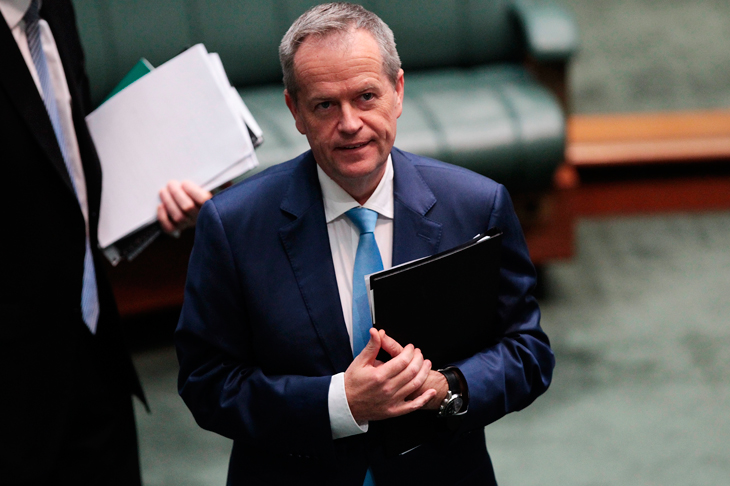
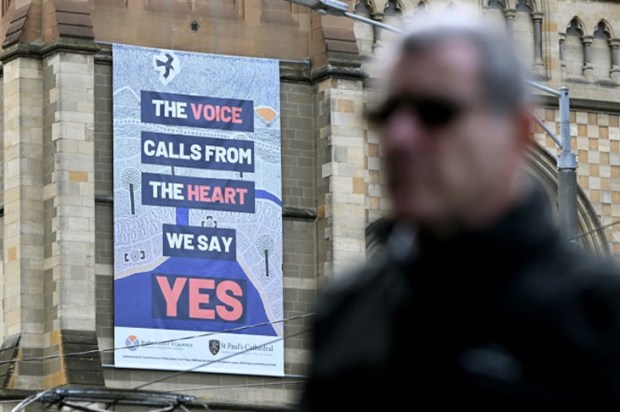
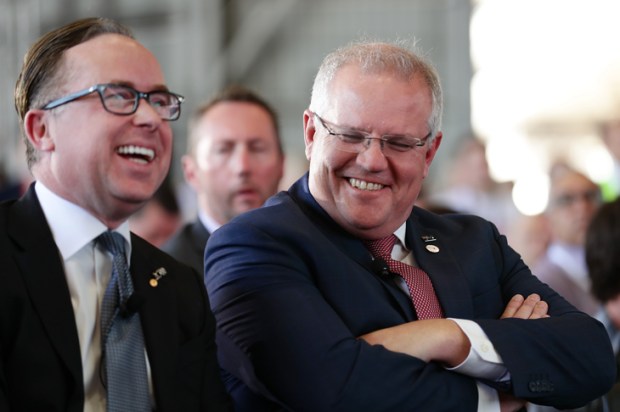

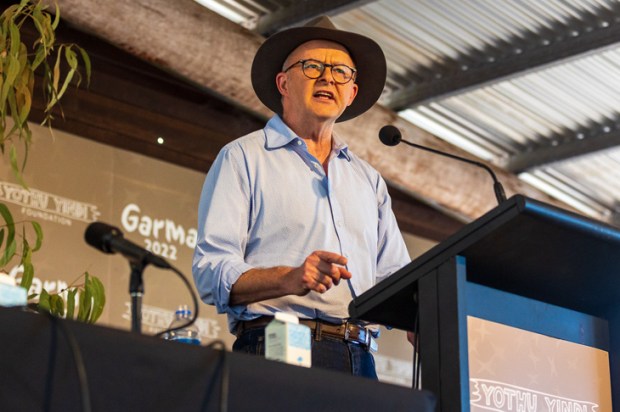

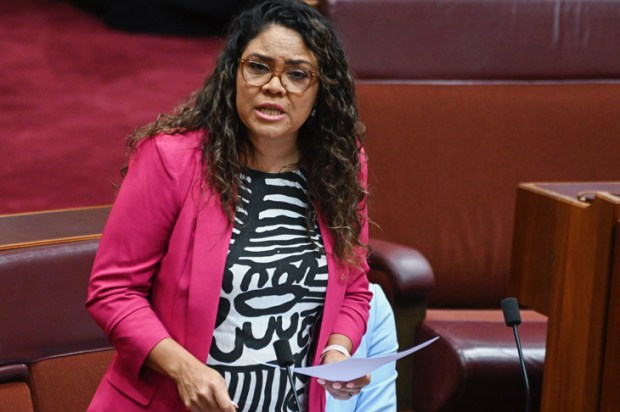






Comments
Don't miss out
Join the conversation with other Spectator Australia readers. Subscribe to leave a comment.
SUBSCRIBEAlready a subscriber? Log in